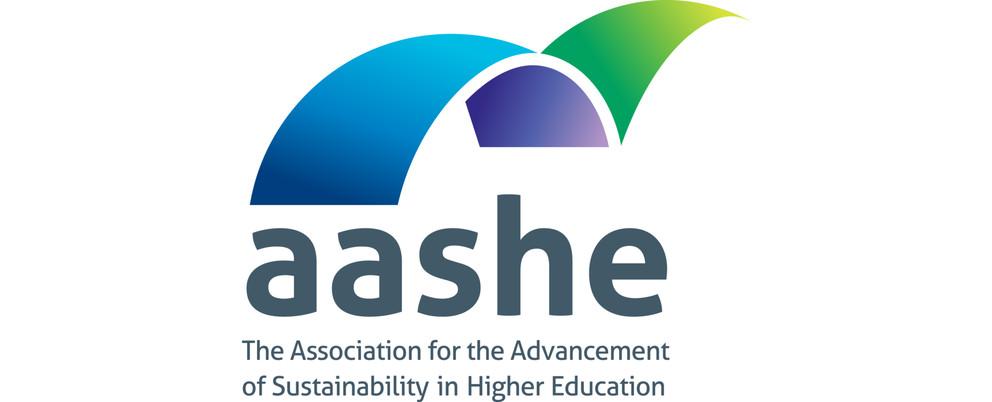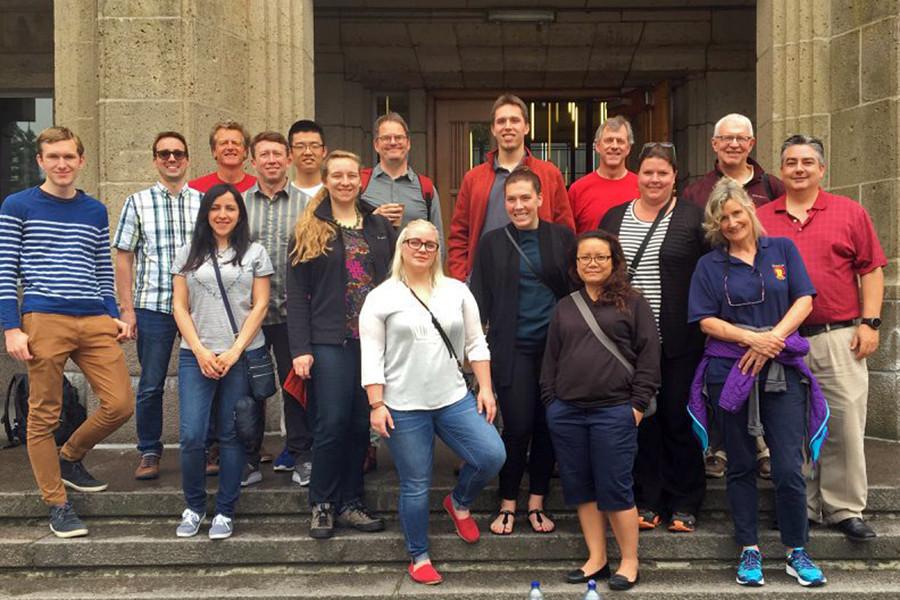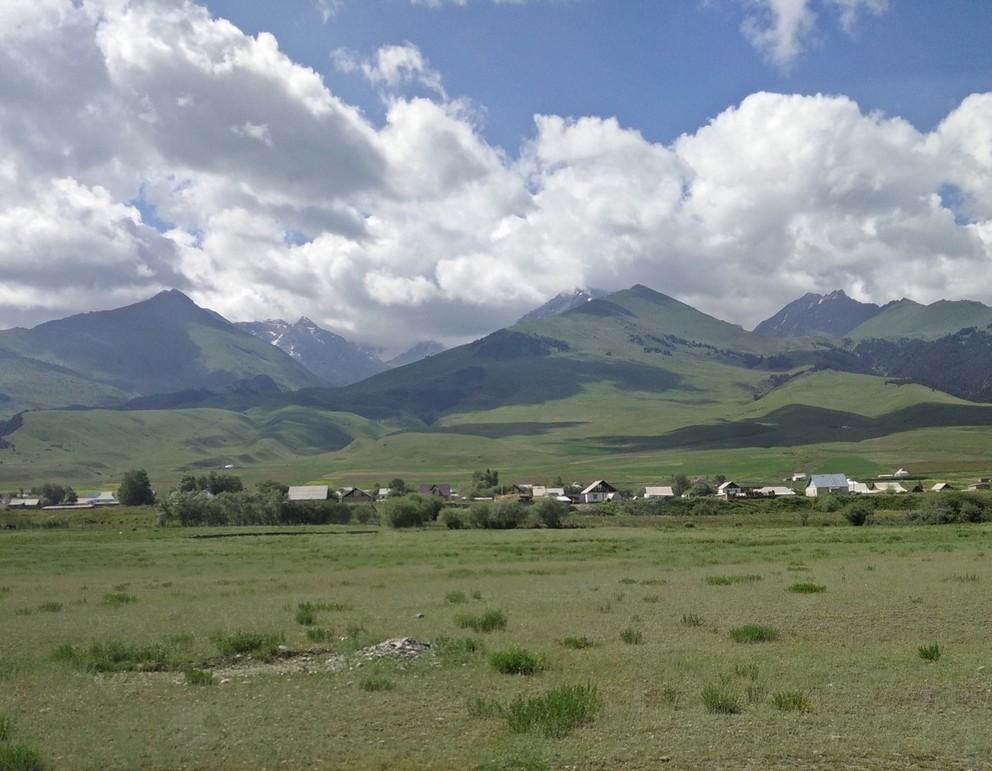Four new members were accepted this year into the Faculty Academy, which provides funding for educators to create engagement opportunities and models for students on the local, regional and national level.
enn State will be well-represented at the 2018 Conference and Expo of the Association for the Advancement of Sustainability in Higher Education (AASHE). Taking place Oct. 2–5 in Pittsburgh, AASHE’s annual gathering is North America’s largest conference focused on sustainability in higher education.
The Institutes of Energy and the Environment has announced a food-energy-water (FEW) workshop. The purpose of the event is to build a community of practice around the Food-Energy-Water Nexus, where the sectors of food, energy and water connect.
Haley Sankey, an assistant teaching professor at the John A. Dutton e-Education Institute, recently became the first World Campus faculty member selected as a fellow in the Faculty Academy for Engaged Scholarship.
Students enrolled in Penn State World Campus' master of geographic information systems program recently took part in a Challenges in Global Geospatial Analytics course.
Growing up can be hard no matter what a family's circumstances, but it is often more so for children living in the Kyrgyz Republic in Central Asia, one of the poorest countries in the world, known for its dry environment, high mountains, nomadic culture and animal-husbandry heritage.
Improving forecasting for a host of severe weather events may be possible thanks to a more comprehensive method for measuring the Earth's boundary layer depth, developed by Penn State researchers.
For the third year in a row, Penn State University Press will attend Ag Progress Days, Aug. 14–16 in Pennsylvania Furnace, with an exciting array of books that highlight Pennsylvania’s history and natural environment.
There may be more habitable planets in the universe than we previously thought, according to Penn State geoscientists, who suggest that plate tectonics — long assumed to be a requirement for suitable conditions for life — are in fact not necessary.
The West Penn Power Sustainable Energy Fund(WPPSEF) has awarded Penn State New Kensington $75,000 to aid in incorporating sustainability and best practices to the campus-led Corridor of Innovation and revitalization efforts in the city of New Kensington.











